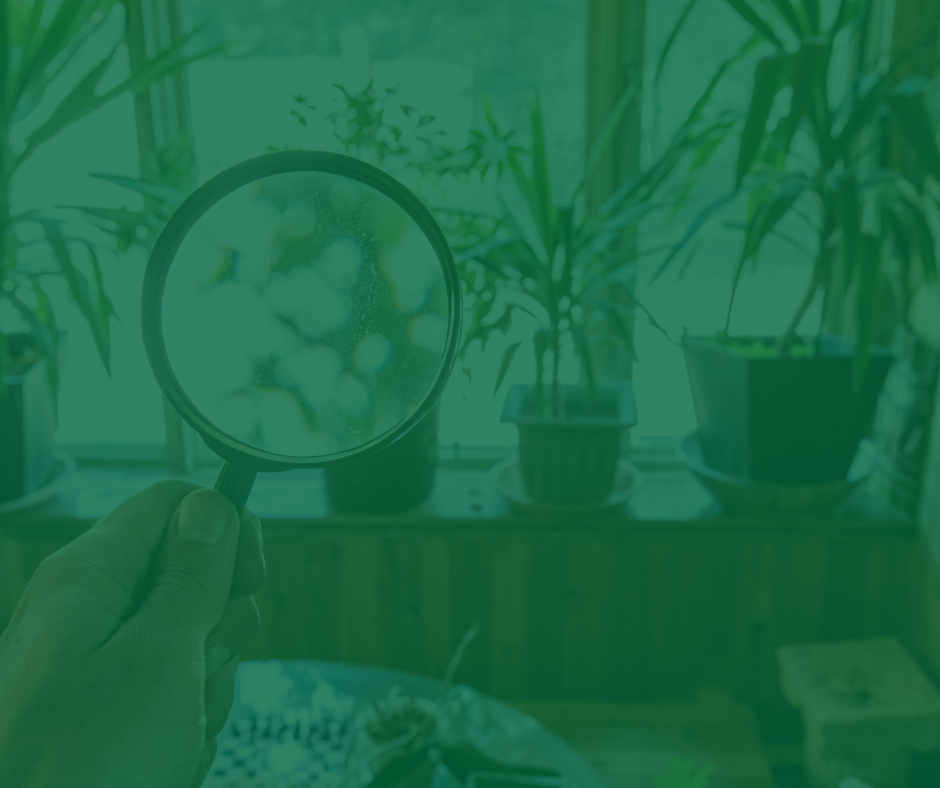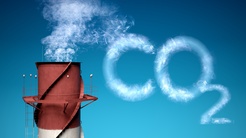In response to global shutdowns associated with the COVID-19 pandemic, worldwide levels of two major air pollutants have been drastically reduced. For industrial and commercial operators who are starting to get back to work, this means an initially reduced load on industrial HVAC and filtration systems.
Anytime a city’s outdoor air quality index is improved, it follows that there will be a similar improvement in indoor air quality. However, maintaining IAQ improvements will be a challenge as industries all over the world are getting back to work.
What COVID-19 Lockdowns Did for Outdoor Air Pollution
According to data published by the American Geophysical Union, levels of both nitrogen dioxide and general particulate matter pollution have experienced significant drops in concentration over China, where the study took place.
The results confirm what many have known for decades. Contaminants generated from economic activity play a major role in air pollution. However, stopping the economy to improve air quality is not a realistic course of action given the consequences of human suffering. However, the real-world benefits from an air quality point of view should reignite the search to produce the same results without the pain and suffering.
Understanding the Air Quality Index and Its Impact on Human Health
The Air Quality Index (AQI) is used around the world to report the daily air quality in certain locations. Depending on where someone lives in the world, the area’s AQI might be relatively stable, or it might be drastically different from day to day.
AQI is based on the average concentrations of the five major outdoor air pollutants, including ground-level ozone, particulate matter, sulfur dioxide, carbon monoxide, and nitrogen dioxide.
How Outdoor Air Pollution Affects Commercial Air Filtration Systems
In commercial spaces that are highly ventilated (like retail, commercial offices, factories, etc.) outdoor air containing harmful contaminants can make its way in through HVAC systems with low-efficiency air filters. In some areas of the world, buildings rely on natural ventilation or an open design with fans to move outdoor air throughout a facility.
Finding Indoor Air Pollution Solutions
Even if the AQI is particularly poor in a geographic region, there are a number of indoor air pollution solutions that can address the various health threats and respiratory issues that can occur because of bad indoor air.
One of the most effective solutions begins with building design, where an HVAC system can be designed with the local environment and climate features factored into the engineered solution. For existing operations, redesigning equipment can be cost prohibitive, but simply switching to high-efficiency and high-capacity air filters is a good way to immediately improve IAQ. An HVAC professional should always be consulted before undertaking either solution.
About Camfil Clean Air Solutions
For more than half a century, Camfil worldwide has been helping people breathe cleaner air. As a leading manufacturer of premium clean air solutions, we provide commercial and industrial systems for air filtration and air pollution control that improve worker and equipment productivity, minimize energy use, and benefit human health and the environment. During the COVID-19 pandemic, Camfil has been applying their decades of experience in biosafety containment, healthcare, and other sectors of the air filtration industry to provide technological solutions for the public as well as in hospitals and healthcare facilities.
Sources
Media Contact:
Lynne Laake
Camfil USA Air Filters
T: 888.599.6620
F: Friend Camfil USA on Facebook
T: Follow Camfil USA on Twitter
Y: Watch Camfil Videos on YouTube
Source https://news.kisspr.com/pr/15710







